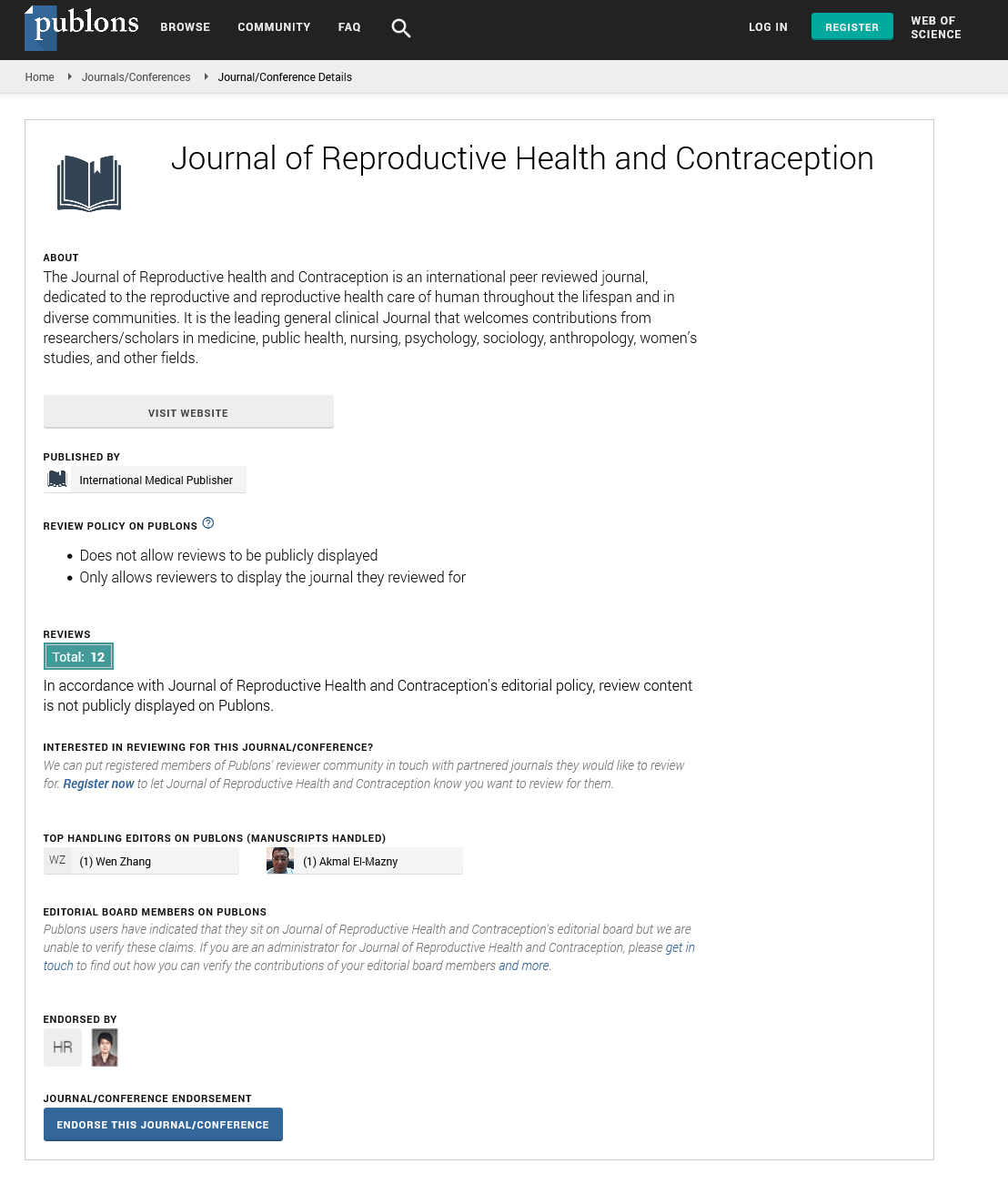ISSN : 2471-9749
Journal of Reproductive Health and Contraception
Ethical considerations for short-term global health projects
Global Summit on Nursing care and Midwifery
May 26-27, 2021 | Webinar
Debra S. Penney
University of Utah, USA
ScientificTracks Abstracts: J Contracept Stud
Abstract
Various types of health professional volunteers from high-income nations are increasingly engaged in short-term global health projects in low and middle-income countries. The goal of global health projects is to improve health for all people and address health inequities. Short-term projects lasting days to months can create challenges for volunteers and hosts. Despite attempting to do good, volunteer efforts may unwittingly cause harm to host organizations by planning projects without consideration for the local infrastructure, the community, and the health care staff. Ethical considerations for global health projects become increasingly important considering the growing number of students and health professionals initiating projects. More than one million midwife and nurse volunteers were estimated to be working globally from 2004 to 2014. Some conservatively estimate there are more than 500 organizations offering short-term global health experiences with an annual cost of $250 million. Recently published guidelines, competencies, and position statements have addressed ethical behaviors for short-term global health experiences. Partnerships that are founded on principles of justice and autonomy provide an avenue for mutual collaboration. Short-term global health projects that focus on host needs are likely to strengthen local capacity to improve health outcomes. The presentation reviews ethical guidelines to mitigate harm for short-term global health experiences. Guidelines were derived from a review of the literature of published guidelines and recommendations from both the volunteer and host entities. Ethical guidelines are framed using Lasker’s 6 principles.
Biography
Debra Penney is Associate Clinical Professor in the College of Nursing and teaches in both the undergraduate and graduate levels. Before coming to Utah, she lived in the Middle East for a decade, trained primary health care workers and midwives, and upgraded health centers. Her interest in the cultural aspects of health care and health equity inform the courses she currently teaches in population health. Her research includes the interface between health provider and refugee experiences in the U.S. health system. In both the clinic and didactic settings, she has enjoyed helping students get a broader view of themselves and the world.
Google Scholar citation report
Citations : 201
Journal of Reproductive Health and Contraception received 201 citations as per Google Scholar report
Journal of Reproductive Health and Contraception peer review process verified at publons
Abstracted/Indexed in
- Google Scholar
- China National Knowledge Infrastructure (CNKI)
- WorldCat
- Publons
Open Access Journals
- Aquaculture & Veterinary Science
- Chemistry & Chemical Sciences
- Clinical Sciences
- Engineering
- General Science
- Genetics & Molecular Biology
- Health Care & Nursing
- Immunology & Microbiology
- Materials Science
- Mathematics & Physics
- Medical Sciences
- Neurology & Psychiatry
- Oncology & Cancer Science
- Pharmaceutical Sciences
